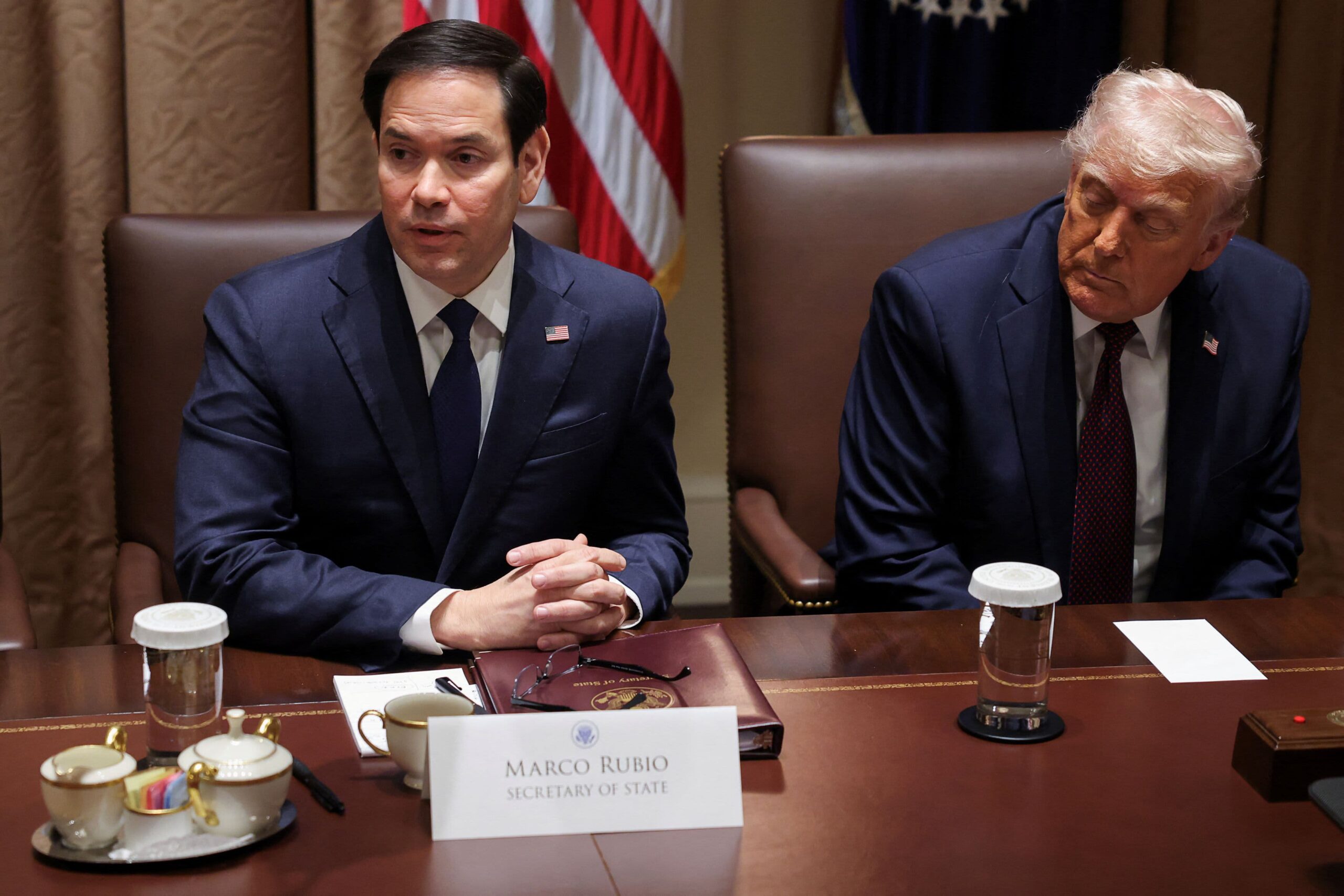
Jamie Dimon, chief executive officer of JPMorgan Chase & Co., speaks during the 2025 National Retirement Summit in Washington, DC, US, on Wednesday, March 12, 2025.
Al Drago | Bloomberg | Getty Images
JPMorgan Chase CEO Jamie Dimon recently opened up about his phone habits at work, including never reading text messages and having his phone notifications turned off.
“I don’t have notifications,” the finance boss told CNN’s Erin Burnett in an interview. “If you sent me a text during the day, I probably do not read it.”
He added: “The only notifications I get is from my kids. That’s it. When they text me, I get that.”
The 69-year-old revealed that he doesn’t carry his phone around with him all the time and prioritizes deep focus at work.
“When I’m walking around the building and going to meetings, I don’t have it on me. It’s in my office,” he said. “When I go to my meetings, I did the pre-reads and I’m 100% focused on us, what you’re talking about, why you’re talking about it, as opposed to I’m distracted and I’m thinking about other things.”
Dimon has previously aired his gripes about poor meeting etiquette and said at Fortune’s Most Powerful Women Summit in October that using phones in meetings is “disrespectful” and “wastes time.”
“If you have an iPad in front of me and it looks like you’re reading your email or getting notifications, I’ll tell you to close the damn thing,” he said at the time.
He explained that meetings should have a purpose and that checking emails and getting distracted are red flags.
Working from home
Dimon has remained critical of some of the newest shifts in the workplake brought about by the youngest generation at work: Gen Z. Dimon has adhered to more traditional ways of working, often expecting his employees to do the same.
Earlier this year, JPMorgan Chase’s CEO went on a rant in a leaked audio recording, to JPMorgan employees about working from home and phone usage in meetings after workers complained about having to return to the office five days a week.
Dimon told them to quit saying he was concerned about the “damage” that work from home was doing to younger recruits.
“Don’t give me this s— that work-from-home Friday works … I call a lot of people on Fridays, and there’s not a goddamn person you can get a hold of … I’ve had it with this kind of stuff,” he said in the recording.
“They’re here, they’re there, the Zooms [Gen Z], and the zoomers don’t show up … That’s not how you run a great company.”
He even took a shot at managers in the call saying they were abusing the privilege of working from home to slack off. When on Zoom, managers were looking at their mail, sending texts and not paying attention, Dimon said. “And if you don’t think that slows down efficiency, creativity, creates rudeness – it does,” he added.
Work etiquette
Anastasia Dedyukhina, a digital wellbeing expert, previously told CNBC Make It that frequently checking your smartphone reduces the quality of your conversations with friends and colleagues. A 2023 survey by Reviews.org found that Americans check their phones an average of 144 times a day.
She explained that even just a having a phone near you can be extremely distracting. Using a phone could also leave a bad impression on managers and colleagues and is bad working etiquette.
“I would also keep thinking about it because for our minds, a smartphone and the sound of a smartphone is a highly attractive stimuli. So when I hear my phone ringing and make a notification, for my mind, it’s the same as if you were calling me by my name,” Dedyukhina said.
That’s why Harvard University associate professor Alison Wood Brooks formerly shared with CNBC Make It that it’s important to focus in meetings as it makes you appear smarter and more likable. This includes asking follow up questions and paraphrasing and repeating what the other person said back to them.



